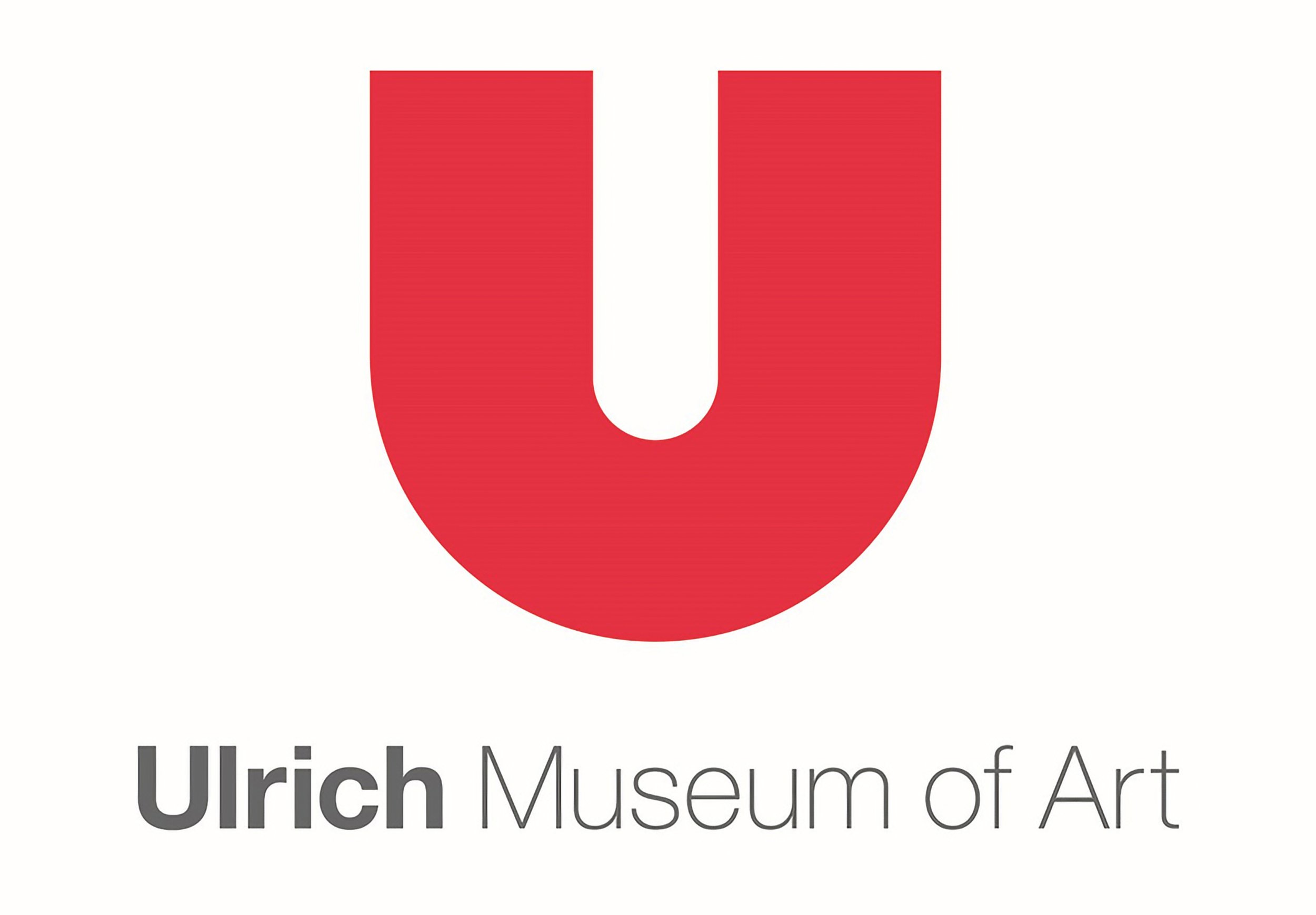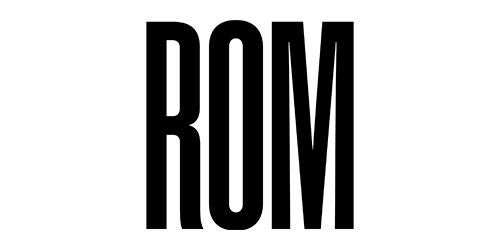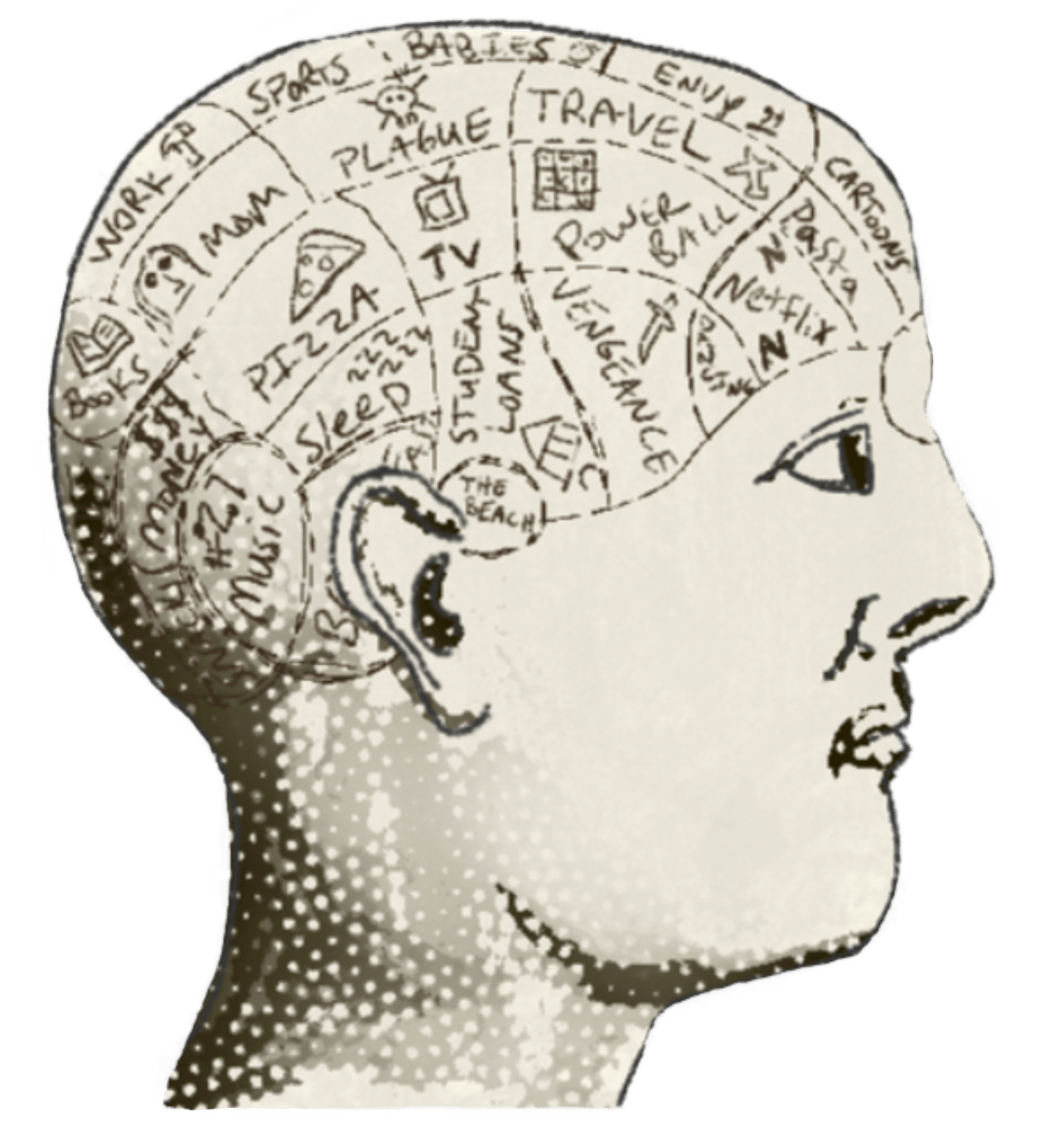The Value Realization Collaborative with John Falk
Most museums invest significant resources trying to engage their communities. They track visitor numbers, measure satisfaction scores, and segment audiences by demographics. But what if these familiar metrics can obscure more fundamental challenges?
An exhibition can drive record crowds without creating lasting community impact; High member satisfaction scores can cloak opportunities to better support member goals; Detailed demographic data says nothing about why people engage.
The Data-Driven Paradox
When we began exploring how to help museums become more data-driven (thread), we found something unexpected. The barrier wasn't technical capability or resource constraints — it was purpose. Without a clear understanding of what progress they're trying to support, museums default to reporting what's easy rather than what matters.
This insight shaped our approach: Instead of starting by trying to understand the barriers to data collection or sharing within museums, we now begin with a more fundamental question: What is the critical challenge your institution needs to address that will make addressing other challenges easier or unnecessary? Without a shared understanding of what matters, efforts to become more data-driven are unfocused attempts to optimize existing practices.
Data can be used to solve many problems. By surveying members of our community to see which challenges were most important to their institutions today, several interconnected challenges emerged:
Audience Engagement and Diversification
Financial Sustainability and Funding Constraints
Measuring and Communicating Institutional Impact
Of these, we identified Audience Engagement and Diversification as the lynchpin — addressing this challenge has clear implications for Financial Sustainability and Impact Measurement …
From Data to Understanding
This focus on audience engagement revealed another insight: Demographic data tells us about current visitors but says nothing about the goals people in our communities are trying to achieve. Progress requires shifting focus from demographic descriptions of who visits to understanding how different people approach goals that matter to them — whether they currently engage with museums or not.
This is where Dr. John Falk's groundbreaking work provides a path forward. For over three decades, his research on visitor identity and free-choice learning has helped museums look beyond oversimplified demographics to discover deeper patterns that drive engagement. His Value Realization Process offers a practical framework for understanding and supporting genuine community impact.
A Path Forward
The Value Realization Collaborative combines Falk's methodology with MaP's Progress-Space Research approach to help museums:
Identify which community goals they're uniquely positioned to support
Move beyond demographic data to understand genuine community needs
Develop sustainable relationships with diverse communities
Create clear paths from visitor insights to measurable value
Build internal capacity to drive ongoing progress
Instead of asking broad questions about engagement, we help museums identify specific value they can provide and concrete progress they can help community members achieve.
2026 Cohort Experience
Move from principles to practice with structured implementation support:
Complete Foundation Series with Dr. John Falk (February)
Private workshop to identify your strategic focus (April)
Year-round practice sessions, office hours, and co-working support
Framework for community insights development and application
MaP³ benefits included for your entire staff
By December 2026, participating institutions will have:
An opportunity map showing how a critical community segment approaches its goals
Evidence-based insights into goals you're uniquely positioned to support
Practical tools for measuring genuine community impact
Cross-functional alignment around user-centered practices
Limited to 9 institutions to ensure personalized attention and support.
The program provides concrete tools and guidance:
Learning Leaders
Depending on your organization’s budget, between one and four learning leader seats are included with registration (additional learning leader seats can be purchased for $510 each). These individuals:
Complete foundational coursework
Practice with example data before data collection
Join co-working sessions for guided practice
Access direct implementation support
Lead listening session and data synthesis work
Leadership Team
Guide strategic direction in February/March
Help determine goal selection priorities
Contribute to opportunity mapping
General Staff
Access session recordings and team discussions
Support role-relevant implementation
The program respects institutional constraints while maintaining momentum:
August-November: Foundation Building
Learning Leaders: 3-4 hours/week
Leadership: ~4 hours required in September
General Staff: Optional engagement
January-May: Data Collection & Synthesis
Learning Leaders: ~3 hours/week
Others: Role-based engagement
Summer break built in (June)
May-August: Analysis & Action
Learning Leaders: 2-3 hours/week
Leadership: ~4 hours for mapping participation
Team: Implementation planning
Get Started
The Value Realization Collaborative is open to cultural institutions located in the Americas. Registration for our second cohort is now open, with the program beginning in January 2026
Limited Availability: Only nine spots remain for this cohort.
We encourage you to schedule a call with a member of our team. We’ll discuss your institution's specific challenges and how the program aligns with your strategic priorities.
Choose Your Registration Path
Standard Registration
Select your institution's budget tier and choose a payment option during checkout:
Pay in full to secure your spot immediately
Make a deposit now with the remainder due by December 15, 2025
| Operating Budget | Program Fee | Deposit Option | # of Learning Leaders Included | Registration Link |
|---|---|---|---|---|
| Less than $2M | $6,000 | $3,000 now, $3,000 by December 15 | 2 | Register→ |
| $2–8M | $9,500 | $5,000 now, $4,500 by December 15 | 3 | Register→ |
| $8–$20M | $16,500 | $9,000 now, $7,500 by December 15 | 4 | Register→ |
| More than $20M | $28,000 | $16,000 now, $12,000 by December 15 | 5 | Register→ |
After securing your spot, we'll begin your institutional assessment to establish baseline measures that will inform your area of focus in the VRC program.
If needed, we'll verify your organization's operating budget after you enroll. If you're a partner association member, please contact us to register at the partner rate.
Already a MaP³ Partner?
Current MaP³ participants qualify for preferred pricing:
| Operating Budget | MaP³ Partner Rate | Learning Leaders | Registration |
|---|---|---|---|
| Less than $2M | $3,000 | 2 | Email Us → |
| $2–$8M | $4,500 | 3 | Email Us → |
| $8–$20M | $7,500 | 4 | Email Us → |
| More than $20M | $12,000 | 5 | Email Us → |
If you need an invoice to pay by ACH, please email us.
Participating Cultural Institutions





FAQ
Both options secure one of the nine available spots in the upcoming cohort. The deposit option allows you to pay the MaP³ participation now and the balance by December 15, 2025. You'll receive the full MaP³ assessment and your colleagues can begin participating in MaP seasonal programming immediately after making your deposit, giving you valuable strategic insights months before the cohort begins. The full payment option simplifies budgeting and administration by completing the transaction in one step.
Learning leaders complete the foundational coursework and guide implementation within your institution. They receive direct support through co-working sessions and office hours. While some learning leader seats are included with registration, additional staff can be added for $510 each.
Program participants will have direct access to Dr. Falk throughout the year. In addition to weekly February group discussions, Dr. Falk will co-facilitate calibration workshops, participate in Office Hours sessions to answer questions, and participate in two end-of-season unconference sessions where participants will share their progress with program leaders, fellow community members, and unconference attendees. These sessions will provide opportunities to:
Validate your institution's progress-focused initiatives
Get an expert perspective on your opportunity mapping
Connect your work to broader sector trends
Learning leaders receive practical guidance through three foundational courses. MaP provides logistics support and hosts regular co-working sessions where participants practice with example data before collecting their own.
Learning leaders should have interest in research methods and capacity for regular participation. We recommend cross-functional pairs (e.g., education and marketing) to broaden institutional perspective. Leadership participation in February/March sessions helps align strategic direction.
The primary output is an opportunity map. An opportunity map describes how people approach a goal. It is also a tool that assesses an organization’s stregths and weaknesses in supporting the goal in question.
Here is an example (click to expand):
In the example above, the organization has chosen the goal Cultivate child’s interest in living things/nature. Your institution’s goal will be different — Every map is unique and is based on the organization’s strategic priorities and what’s relevant to their specific, local communities.
The light blue columns describe the different “towers” of mental attention — These are created based on listening sessions with community members.
The darker grey columns below describe ways that the institution is trying to support the various approaches to the goal. In some columns we see more instances, which may suggest stronger support. In others there are few or even no instances of the organization supporting the tower of mental attention. These represent areas where the organizaiton may wish to invest resources (e.g., improved communications, changes to programs, new programs, etc.)
Have a different question?
Need Funding Approval?
We've created a template you can download, edit, and share with colleagues and stakeholders to make the case for your museum's participation.

